Summer months will soon arrive, and so will the chances of accidents and injuries, particularly those occurring outside.
Being familiar with safety measures is necessary to prevent emergencies.
Tractor Safety
Several years ago, Chief Gary Batton sustained a serious injury to his hand while using operating a brush hog.
“It took me two years before I could even have the use of my hand,” said Batton. “My thumb still does not have any feeling in it and caused me limited use of my hand.”
Chief Batton said he cautions against using a brush hog on an incline, encourages the use of seat belts and having row bars all the way up.
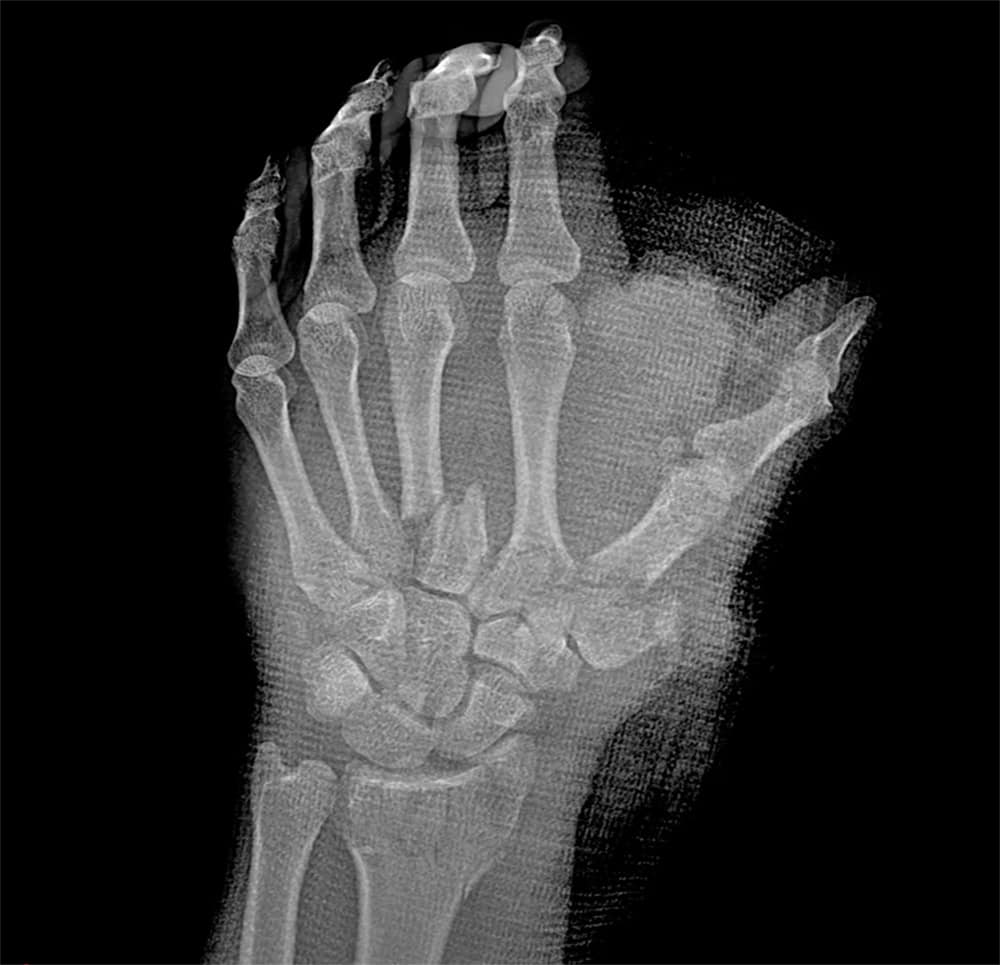
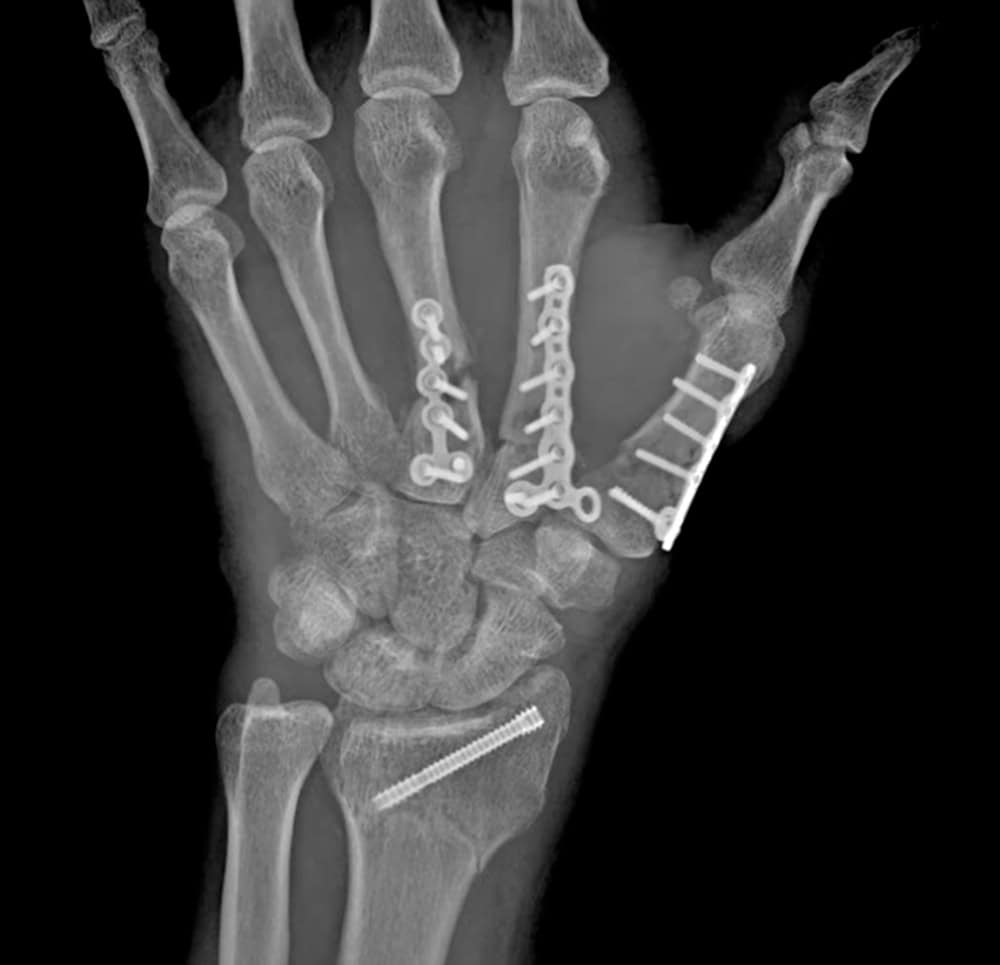
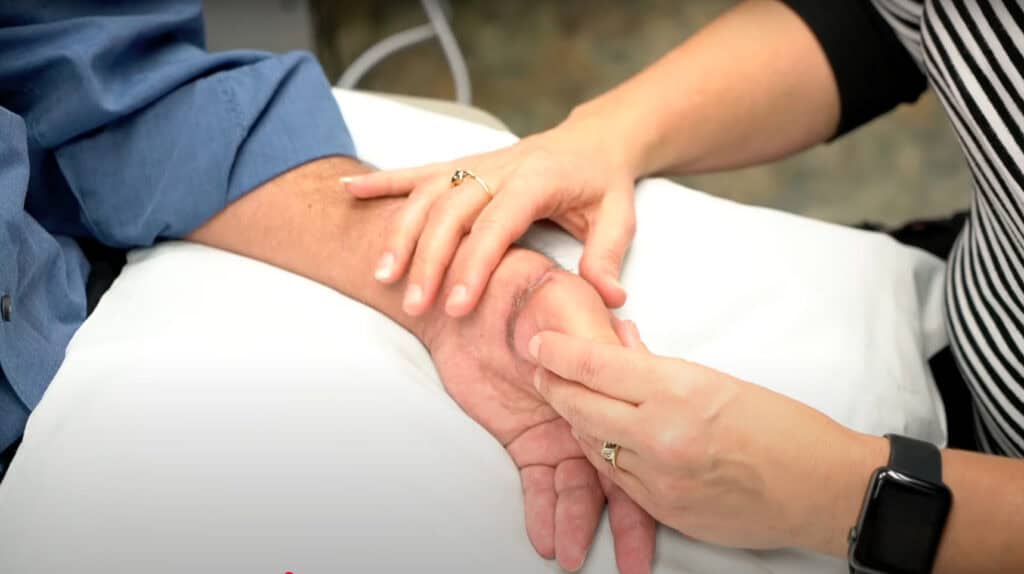
“Those two things would have kept me from having a major hand accident because the row bar that was not up crushed my hand and almost cut my thumb off,” Batton said. “I would encourage everyone to use proper safety wear and use all safety measures when using equipment.”
By understanding the basic principles of tractor safety, operators can help prevent accidents and ensure everyone stays safe while using this powerful machine.
- Always wear proper protective gear such as helmets, gloves, and eye protection when operating a tractor.
- Fasten your seatbelt before starting the tractor and never stand or sit on the platform of a moving tractor.
- Do not try to repair a tractor while it is running and keep your hands and feet away from moving parts.
- Be careful when attaching or detaching implements.
- Do not overload the tractor or its implements.
- Do not drive the tractor over unstable ground.
- Avoid driving during bad weather conditions, which can cause serious accidents.
- Make sure to operate with proper lighting or in broad daylight.
- Take breaks to avoid over-exhaustion, especially during hot temperatures.
- Use safety messages and proper warning signs for workers.
- Clear the area of bystanders before starting the engine, engaging power, or moving the tractor and ensure you are adequately trained before operating a tractor.
- Before starting the engine, perform a pre-operation check to confirm the tractor is in good working condition. Check the tires for proper inflation, inspect the brakes, lights, and signals, and look for any signs of leaks or damage. Address any issues promptly to prevent accidents or breakdowns during operation.
- Follow the manufacturer’s instructions for entering and starting the tractor.
- Use the “three-point technique” when entering the tractor (climb the steps facing the tractor with both hands on the grab bars).
- Before starting, ensure the parking brake is engaged, the transmission is in neutral, and all controls are locked.
Remember, utility tractors have a high center of gravity, making them prone to rollovers, especially when navigating uneven terrain or steep slopes.
Moving parts such as PTO shafts, belts, and hydraulic lines pose entanglement hazards, mainly when operating attachments or implements.
Collisions with stationary objects, other vehicles, or pedestrians can occur if operators fail to maintain control of the tractor or are unaware of their surroundings.
Operators may fall from the tractor while mounting or dismounting, particularly if they fail to use proper steps or handholds. Operators need to be aware of these hazards and take appropriate safety precautions to mitigate risks while operating utility tractors.
Barbeque and Grilling Safety
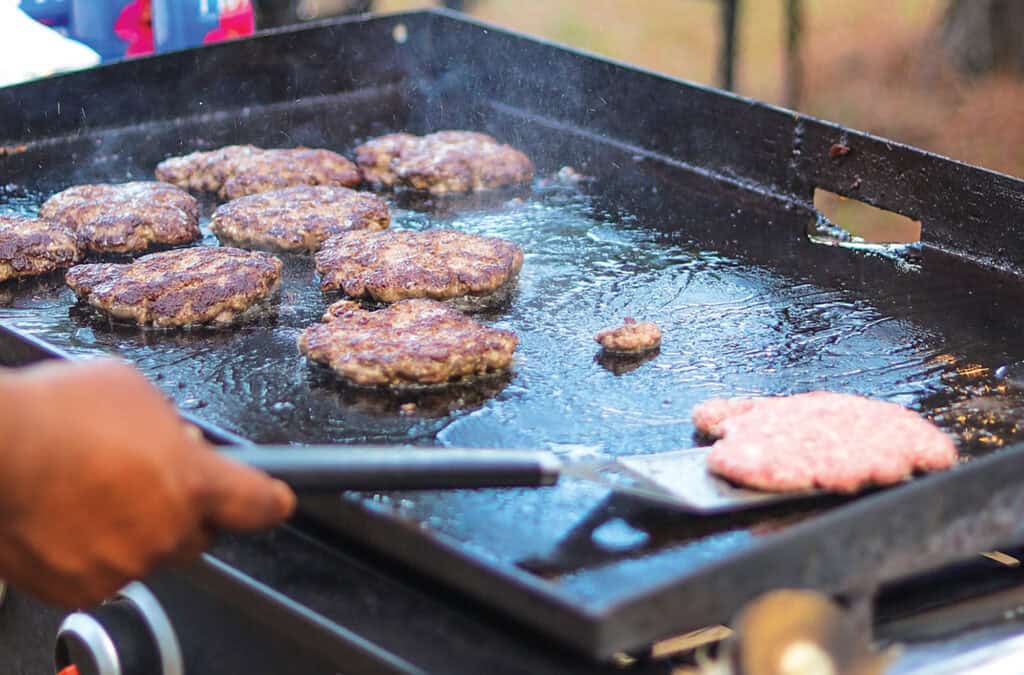
Summer is the most popular time of year to enjoy cooking outside. Nothing tastes better than a steak or hot dog straight off the grill. Keep these tips in mind.
- Propane and charcoal BBQ grills should only be used outdoors.
- Place grill away from the home, deck railings and out from under eaves and
overhanging branches. - Keep children and pets away from the grill area.
- Keep the grill clean by removing grease or fat buildup from grills and trays below the grill.
- Never leave grill unattended.
- Make sure gas grill lid is open before lighting.
- Use long-handled grilling tools for plenty of clearance from heat and flames.
Charcoal chimney starters allow you to start charcoal using newspaper as fuel. When using starter fluid, use only charcoal starter fluid. Never add charcoal fluid or any other flammable liquids to fire. Keep charcoal fluid out of the reach of children and away from heat sources. There are electric charcoal starters which do not use fire. Be sure to use an extension cord for outdoor use. When finished, let coals completely cool before disposing in a metal container.
For Propane, check the gas tank hose for leaks before using it the first time each year. If you smell gas while cooking, leave the grill and call the fire department. Do not move the grill. If the flame goes out, turn the grill and gas off and wait at least five minutes before re-lighting.
Fireworks Safety
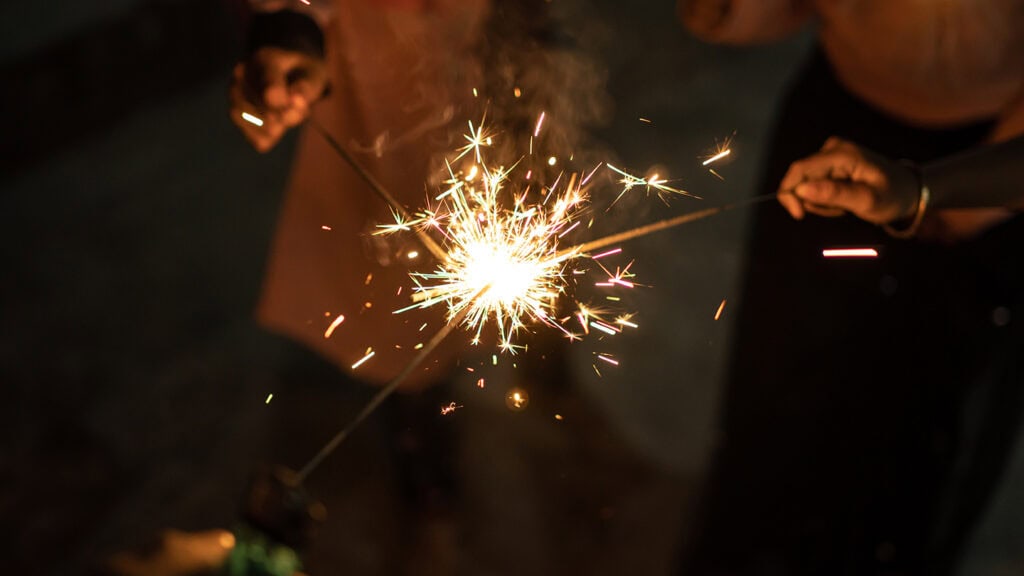
According to the U.S. Consumer Product Safety Commission, In 2023, 9,700 people were treated in the emergency room and 8 people died due to injuries sustained by fireworks. Out of all fireworks injuries in that year, 66% happened in the weeks before and after the 4th of July.
When setting off fireworks, keep in mind these safety tips.
- Make sure personnel are trained and competent.
- Obtain any required licenses, permits and inspections.
- Maintain display site security and communications.
- Wear protective gear and proper clothing.
- Prohibit accidental ignition sources.
- Properly install mortar boxes, racks, and drums.
- Keep fireworks cartons closed.
- Keep fireworks dry and in good condition.
- Always handle fireworks carefully and stay away from loaded mortars.
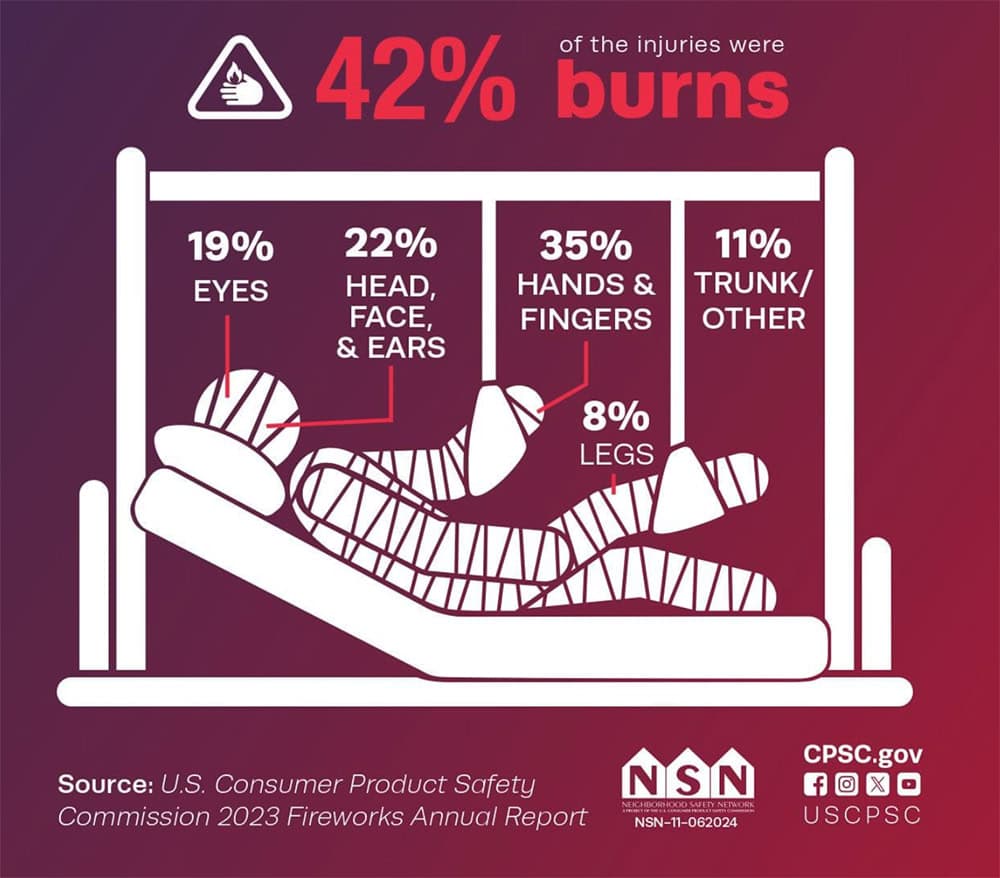
The safety tips in this story were contributed by the Choctaw Nation Occupational Safety and Health Department (CNOSH).
Crystal Battles, director of the program said, “By fostering a culture of safety and offering resources, we continue to ensure a healthier work environment, by preventing accidents and promoting well-being throughout the entire Nation.”
Be sure to share the safety tips you know with others. It could save a life!
If you need more information on safety issues, please contact the CNOSH Department by calling (580) 642-6777.